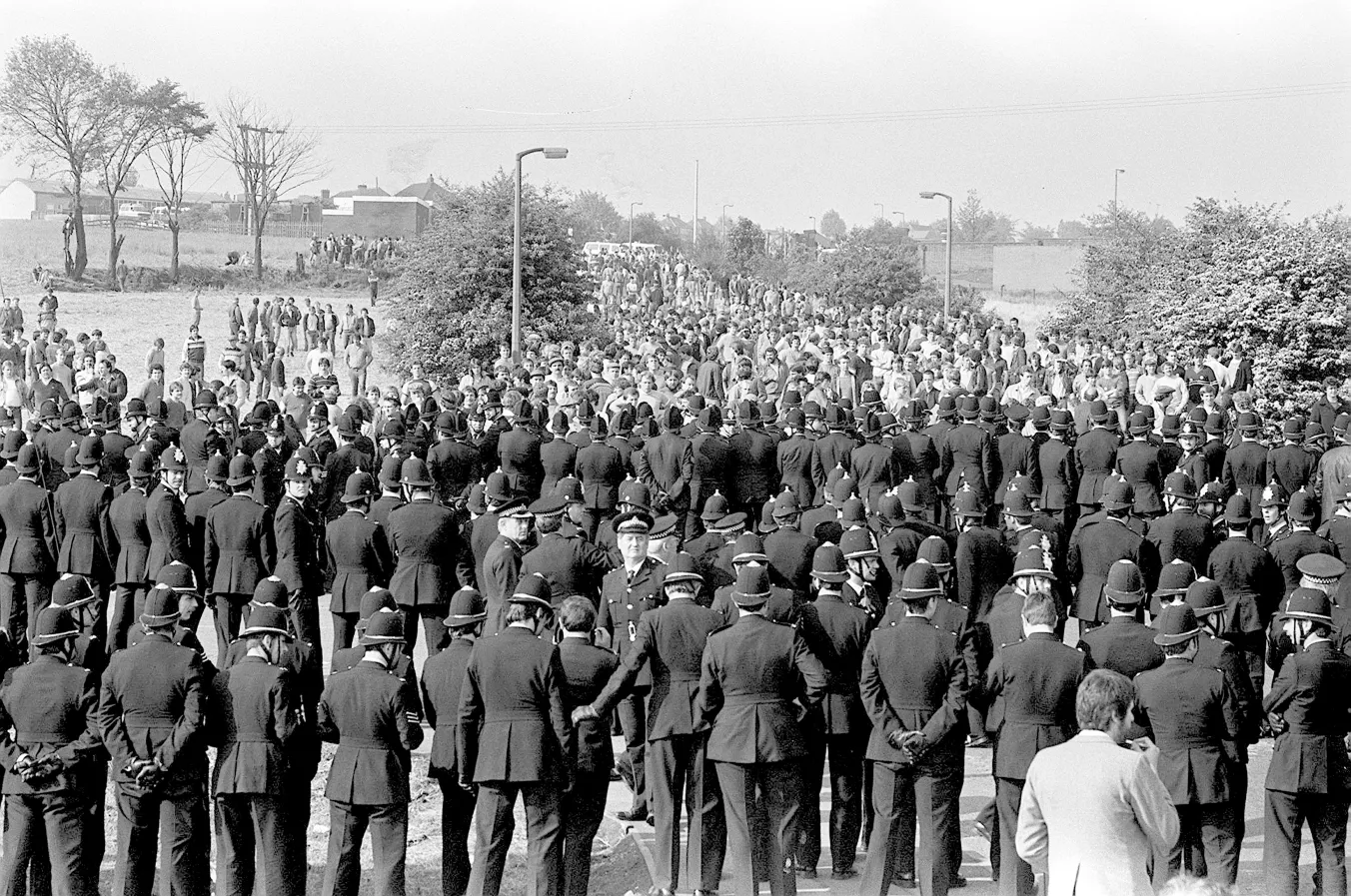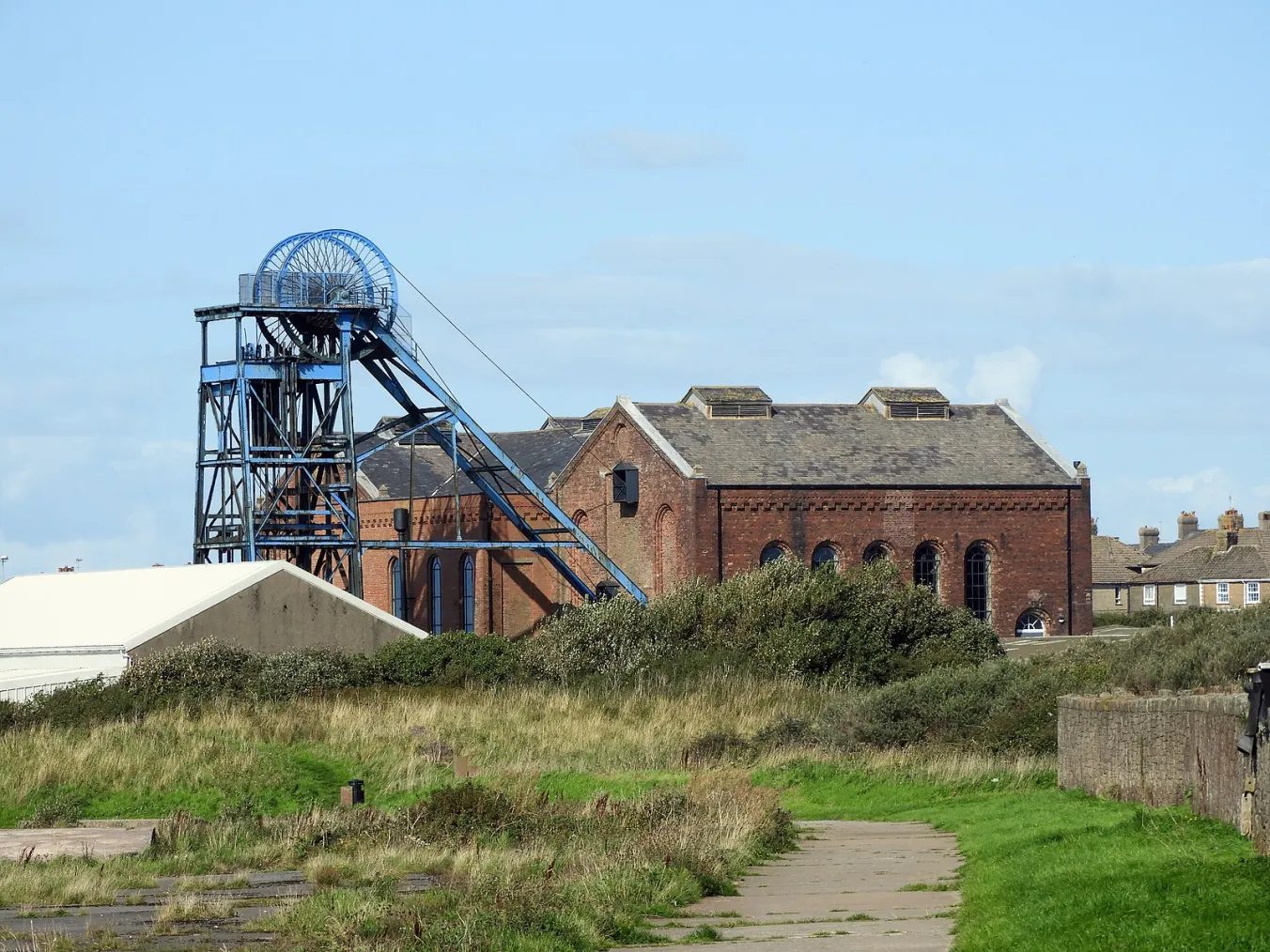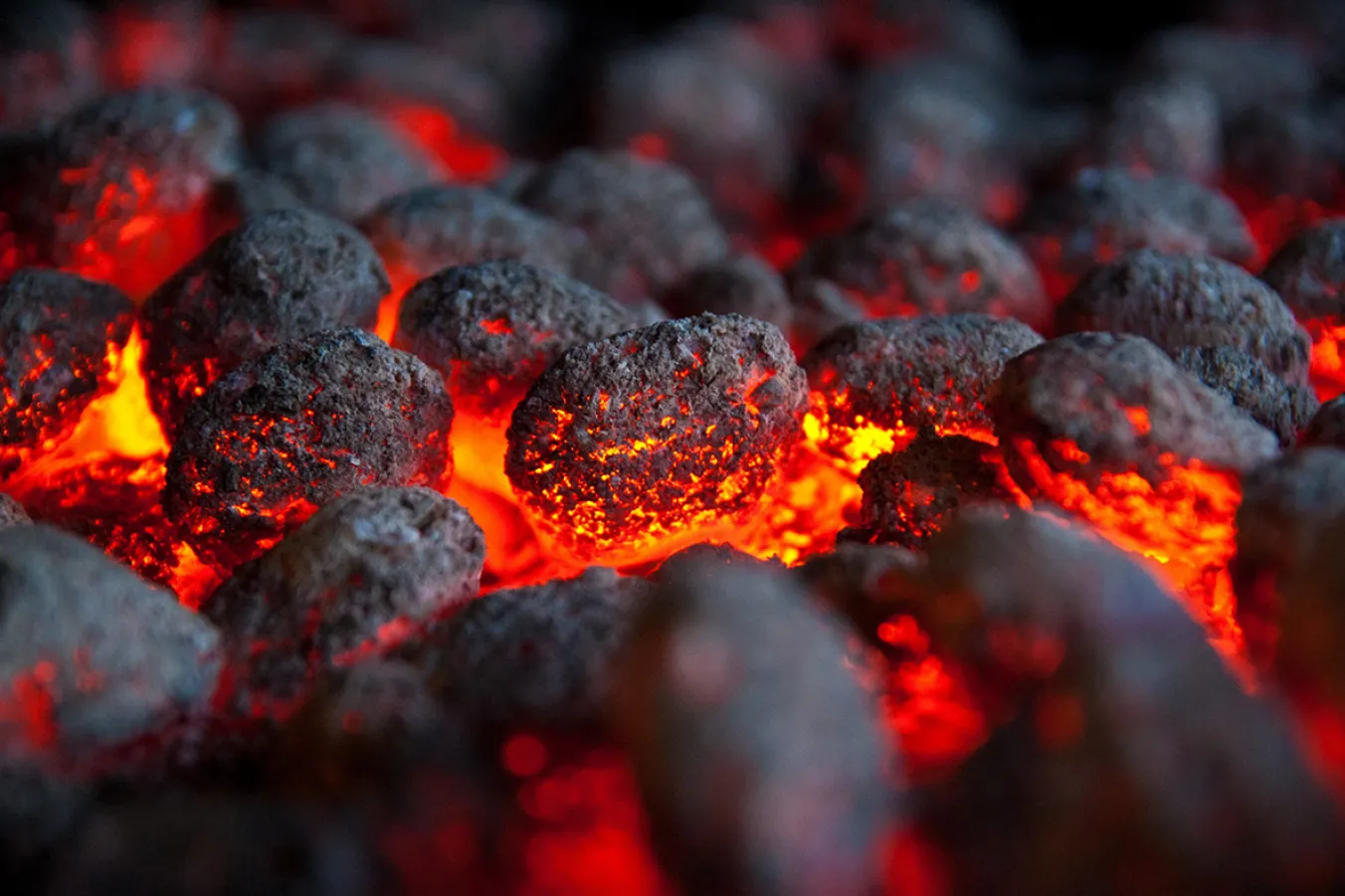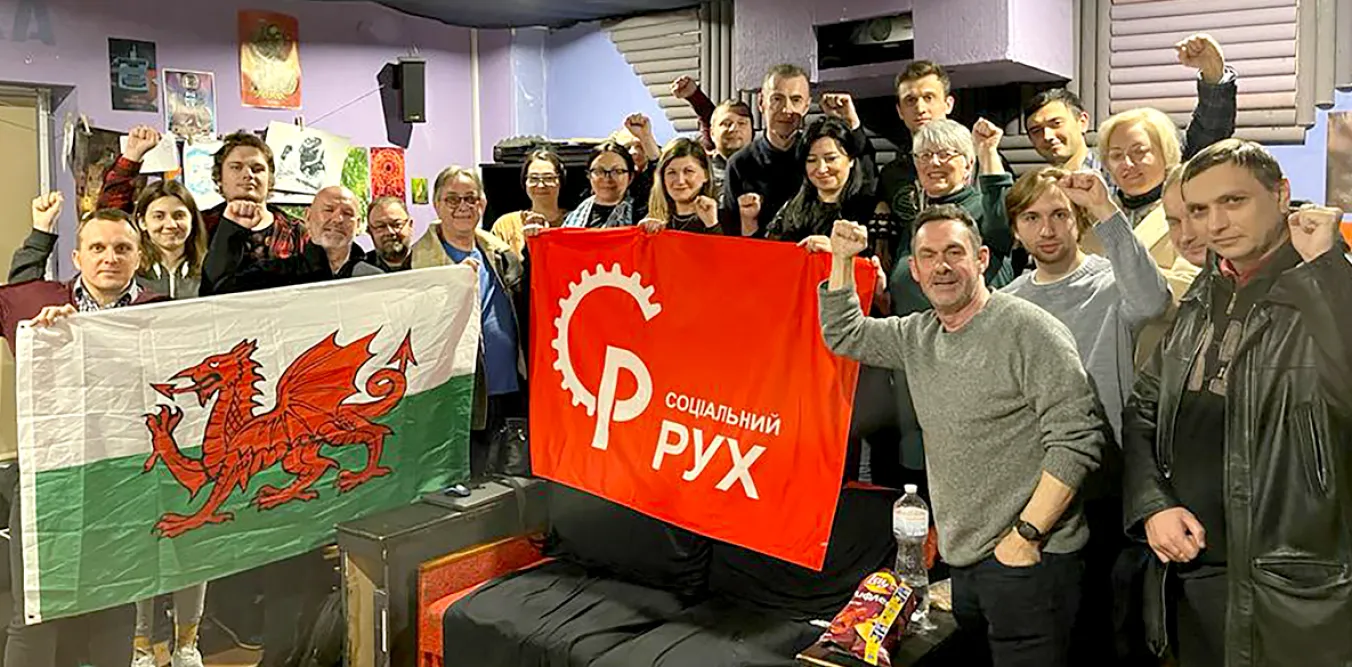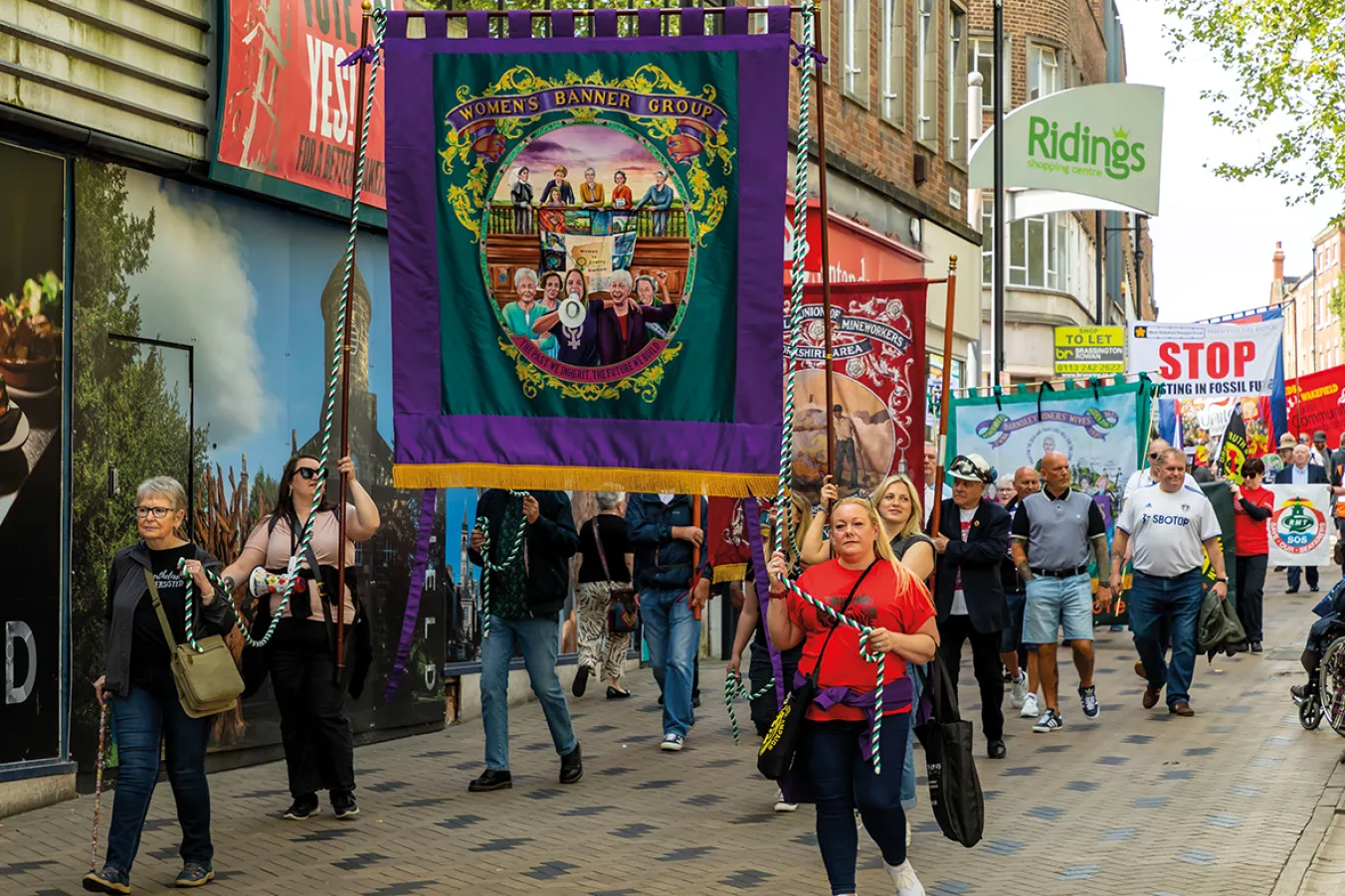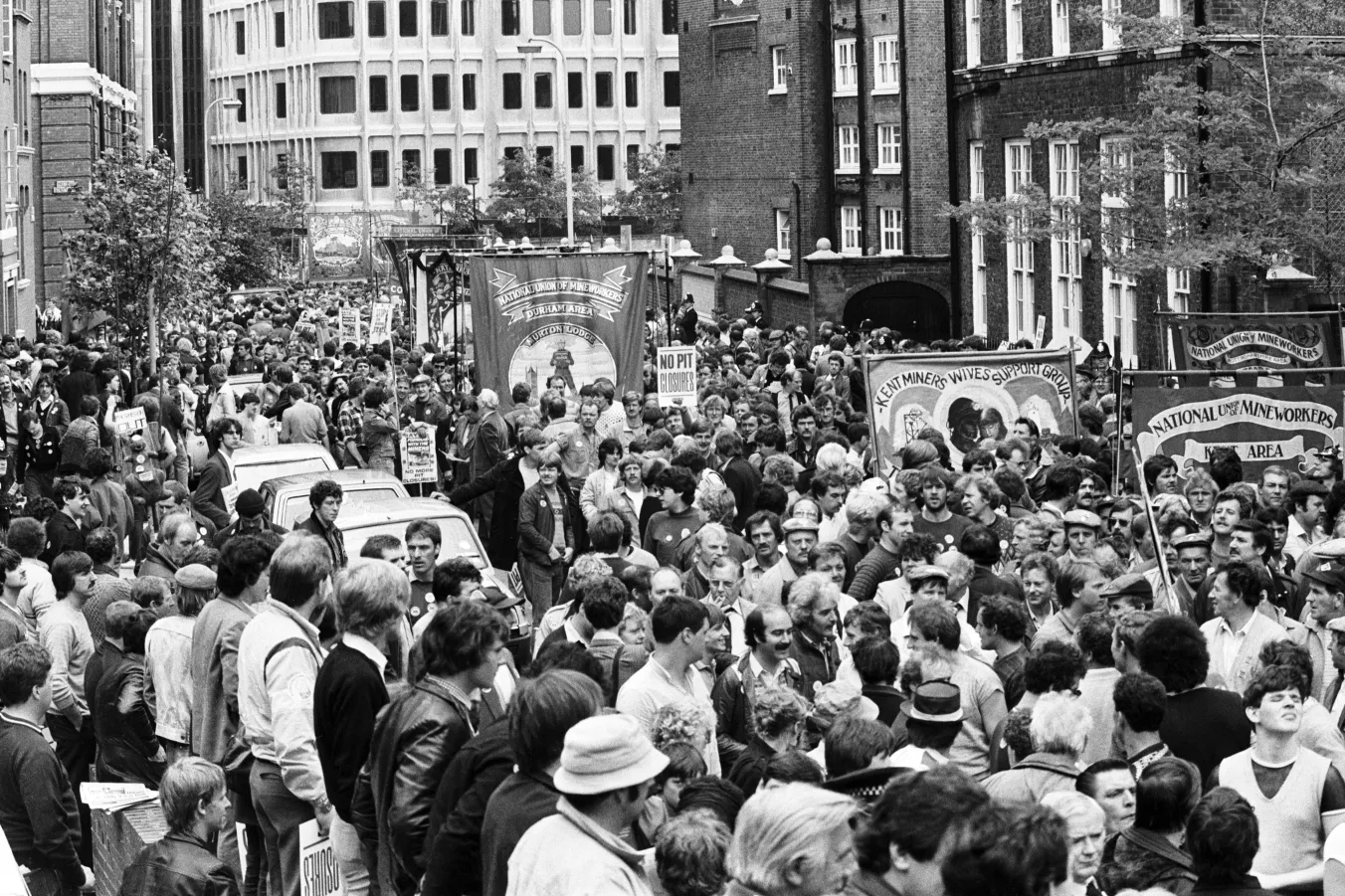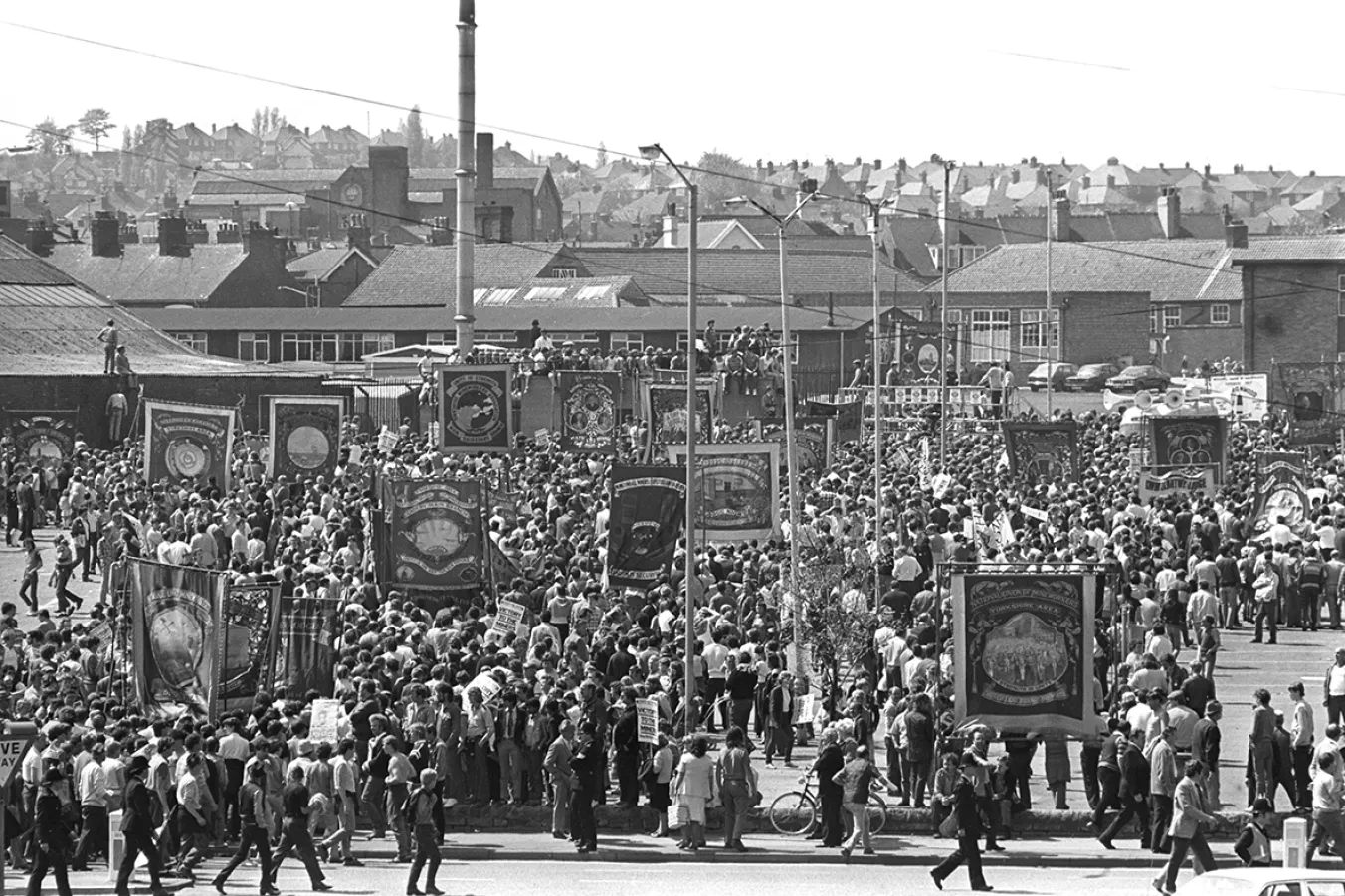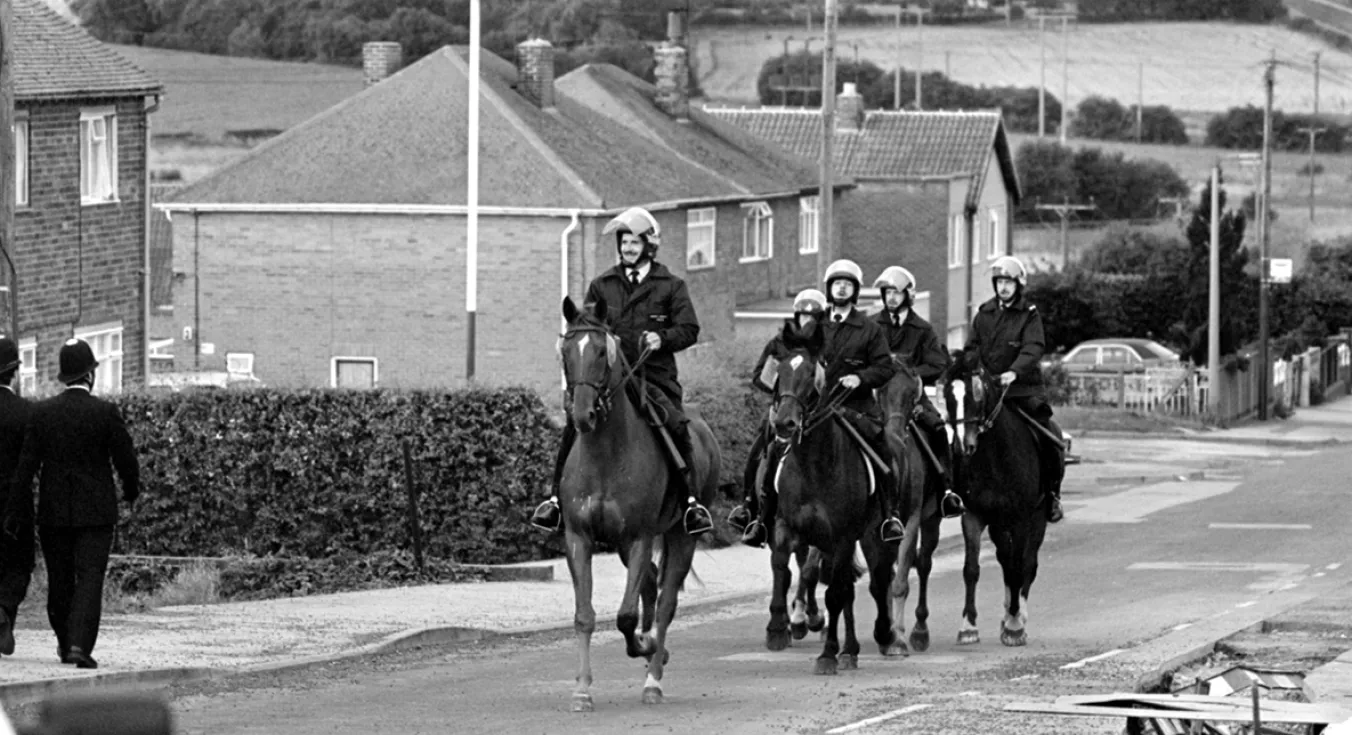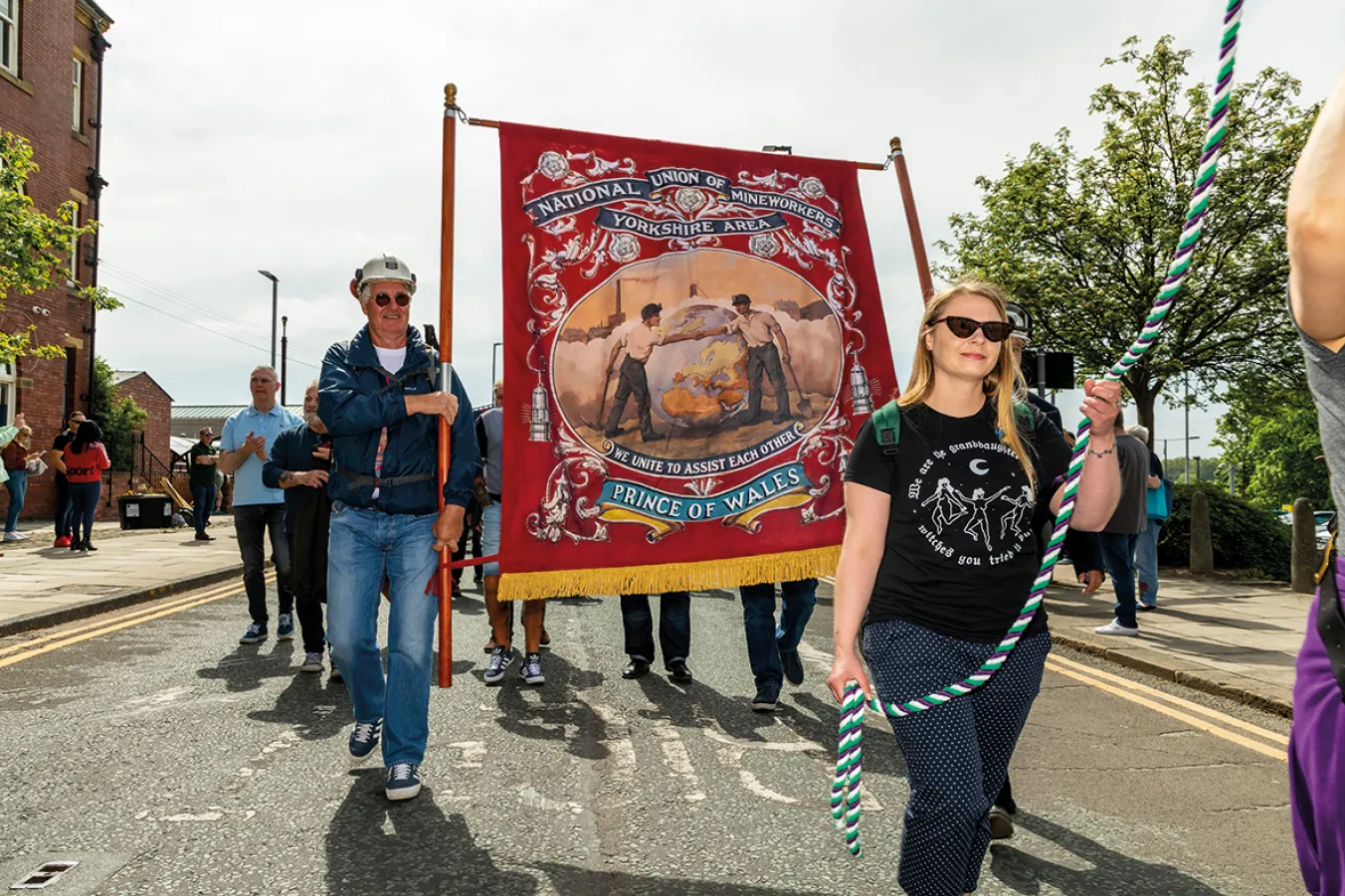
AS we approach the 40th anniversary of the start of the miners’ strike against pit closures next year, it is striking just how little things have changed for working people and how important trade unions still are in our society.
Almost 40 years ago under Thatcher’s Tory government Britain’s coal miners went from being the “salt of the Earth” providing the coal that generated most of our electricity and kept our homes, schools and hospitals warm to being “the enemy within,” causing disruption and inconvenience for the country because we stood up to a government that was intent on destroying our industry and communities.
After the strike and the Tory government’s vicious programme of pit closures, what was left was privatised so that profit and shareholder dividends were the goals, not providing a vital commodity for the nation and decent secure jobs.
